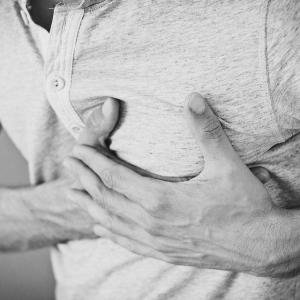Anxiety and Depression: What Is The Difference?
The difference between anxiety and depression isn't as clear as one might initially assume. While they are different disorders with different diagnostic criteria, they often occur together and there can be overlap in symptoms.
Some people who struggle with an anxiety disorder will go on to develop depression as well, as a secondary condition related to their anxiety. The opposite also happens--people who are depressed may react to their depression by becoming anxious. And some people simply suffer from both disorders, without either being a clear primary condition.
Since SSRIs are used to treat both depression and anxiety and it appears that the neurotransmitter serotonin plays a role in both anxiety and depression, it's not surprising that the two disorders often occur together.
Anxiety and Depression Have Many Common Symptoms
There are a number of symptoms common to both anxiety and depression. These include fatigue, difficulty concentrating, insomnia, headaches, muscle tension, loss of appetite, weight loss or gain, feelings of guilt, and feelings of worthlessness. However, there are some important characteristics of anxiety and depression that are different.
People suffering from depression are overwhelmed by feelings of hopelessness and sadness, and often have a lack of energy and loss of motivation. Depressed people tend to lose interest in activities they once enjoyed, including social situations, and they may have thoughts of self-harm or suicide.
People with an anxiety disorder are preoccupied with feelings fear and apprehension that are out of proportion to the actual situation, and often have accompanying physical symptoms like heart palpitations, nausea, shortness of breath, and hot or cold flashes. As with depression, people suffering from anxiety may avoid social situations; however, this is usually because those situations provoke anxious feelings, not because of a lack of interest.
Photo: Pixabay









